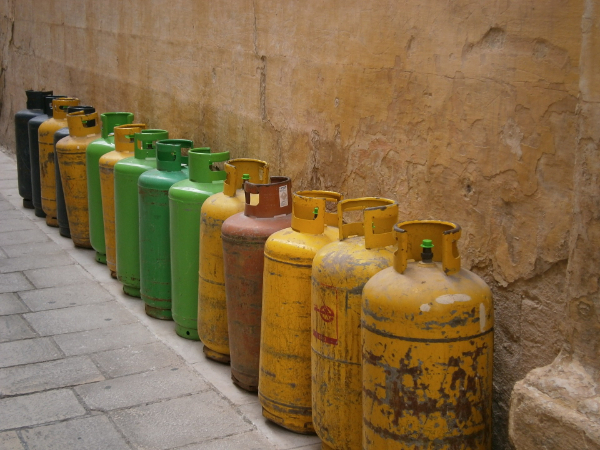Do you want to find out how to avoid potential skip fires. This article looks at ways to prevent accidental fires and how to reduce risk by understanding flammable materials.
How to Reduce The Skip Fire Risk
Skip hire safety is essential to know before using one, as a small mistake can quickly damage the skip and even put peoples lives in danger. The last thing you would want is Fire and Rescue Services spending their precious time undoing a problem that could have been easily avoided.
Skip fires are a rare but dangerous occurrence that most commonly happens around Bonfire Night in November. The risk level of a skip fire increases with the temperature. Any temperature above 30c is particularly dangerous for this reason. Even a small skip fire can cause panic amongst neighbours close to the affected area. A large skip fire can destroy property, put lives at risk and end up becoming extremely costly. With this brief overview of skip fire safety, you will be able to take the proper precautions and help prevent skip fires, ensuring the safety of those involved.
Flammable Materials
There are certain items disallowed from skips, many of which are flammable substances.
The items are banned as they can release highly toxic chemicals into the atmosphere when burned (especially tyres and asbestos).
Some examples of these disallowed flammable items are aerosols, gas canisters and partially filled paint tins.

Never Deliberately Start A Fire

To most, this should be obvious, but you should never burn any materials you put in a skip, even if you own the skip itself.
It may be tempting to reduce skip weight and create more space to hold more rubbish by using the skip to burn items like wood, although you should strictly avoid doing so as the risks are too high.
Instead, try breaking down or disassembling some of your large wooden items, such as unwanted drawers or wardrobes. By doing so, you'll create more space in the skip without taking any risks, at the cost of a small amount of work.
Skips are not designed to have fires lit inside them. If someone were to do so, it would be expensive for them as the fire can damage the skip, forcing the perpetrator to pay for skip repairs or even replacement.
For skips on a public road, excessive heat (caused by a fire) at the bottom of the skip will quickly melt the tarmac beneath the skip, and local authorities may prosecute or bill the fire-causer.
Preventing Accidental fires
Skip fires can start accidentally in warmer weather when dry waste becomes ignited by an item such as a discarded cigarette. Putting flammable items in a skip significantly increases the chance of a small fire becoming a large one.
Additionally, throwing flammable items into a tip, such as aerosols, half-filled tins of paint, and gas cylinders, goes against environmental regulations and significantly increases the risk of a fire spreading.
It's not just flammable items you need to watch out for; other items are restricted due to their high toxicity when set alight. Here are some examples of banned items:
An extremely dangerous substance when mishandled. It needs professional care and attention to remove and properly dispose of. If you are unsure whether a product contains it, you could ask the skip hire company.
These are a very high fire risk, especially when stored in a skip close to potentially flammable items.
They contain caustic acids and other substances which could lead to fires. Batteries may also leak, causing corrosion and damage to a skip. You can recycle them instead, at facilities across the UK.
Oil of any type, from cooking to lubrication, are strictly prohibited from skips as, similar to batteries, they can make fires significantly worse and even corrode the skip.
Arranging for a skip to be collected as soon as it's full reduces the risk of an accidental fire starting as by doing so, the waste material has less chance to dry out.
Skip fire prevention checklist
Make sure the skip is a minimum of 5 metres from the nearest building.
Arrange for skips to be collected as soon as they are full.
Don't burn waste material in a skip.
Follow professional advice on hazardous waste disposal.
Do not place flammable items in a skip.
Keep the skip away from trees, bushes, and flammable structures.

Access For The Fire Brigade
A fire can start from anything, and in an instant too. In dry weather, even a small cigarette in a skip can cause a huge fire, potentially putting lives at risk.
You must make efforts to provide easy access to your skip in the event that a fire occurs, as Emergency Services will need to reach it quickly. Be mindful of any obstacles that might obstruct someone's path as well as where the skip is positioned.
